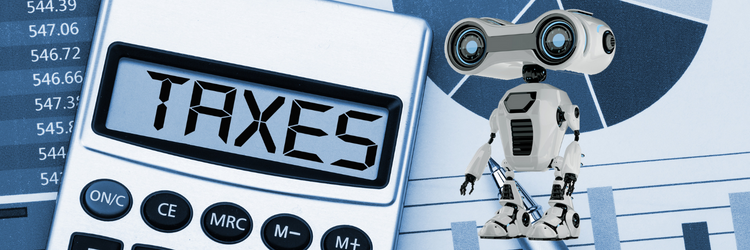A study by MIT economists suggests an optimal policy would include a (modest) tax on robots to combat the effects of automation on income inequality in the U.S.
Favored by Bill Gates, the rationale is that taxing the companies using robots would give them incentive to help retain workers while compensating them for a payroll tax drop.
The study finds that a tax on robots should range from 1 percent to 3.7 percent of their value, while trade taxes would be from 0.03 percent to 0.11 percent, given current U.S. income taxes.
The paper is: “Robots, Trade, and Luddism: A Sufficient Statistic Approach to Optimal Technology Regulation,” and it appears in The Review of Economic Studies. The scholars did not start with the premise that taxes on robots and trade were merited.
For instance, one study by MIT economist Daron Acemoglu and Boston University economist Pascual Restrepo found that in the U.S. from 1990 to 2007, adding one robot per 1,000 workers reduced the employment-to-population ratio by about 0.2 percent; each robot added to manufacturing replaced about 3.3 workers, while the increase in workplace robots lowered wages about 0.4 percent.
Apart from bottom-line tax numbers, the study contains some additional conclusions about technology and income trends. Perhaps counterintuitively, the research concludes that after we add many more robots to the economy, each additional robot’s impact on wages may decline. At a future point, the government could then reduce robot taxes even further. The study’s approach could also be applied to subjects besides automation and trade, for instance, the impact of climate change on income inequality and similar studies about how migration, education, and other things affect wages.

